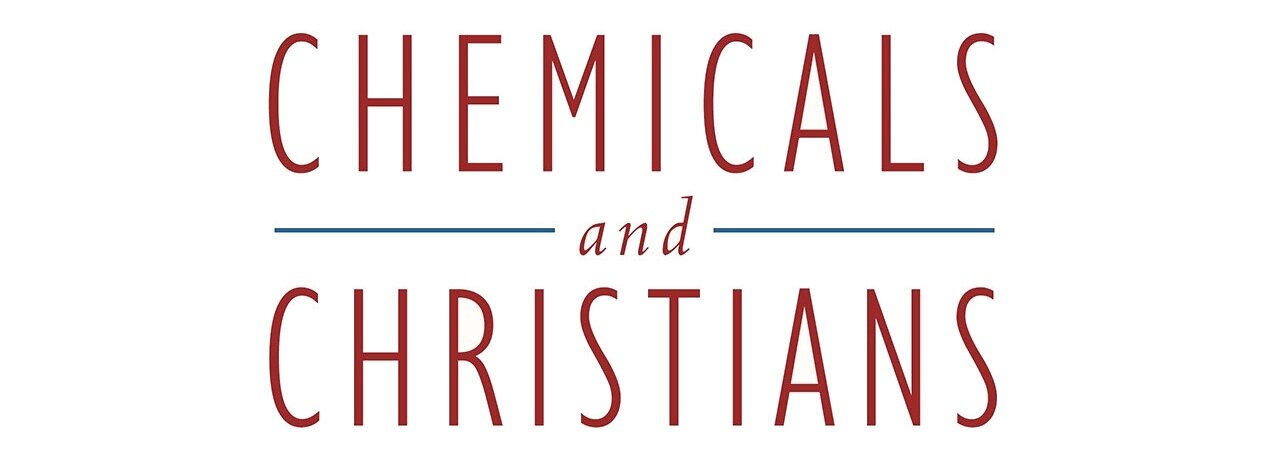It’s October, and that means a lot of things will be colored pink this month in support of breast cancer prevention and treatment. Breast cancer is a personal issue for my family. I lost my mother to the disease when I was a young teen and as I write this, my sister is fighting it. I grew up cancer's shadow, and I obviously support awareness and research. I get quite frustrated and angry at some aspects of the “turn everything pink” movement, though, especially the ridiculous practice of slapping a pink label on a product that contains ingredients actually known to cause cancer. This has come to be known as “pinkwashing.”
Pinkwashing is an extremely common practice. The writer of the Mommy Greenest website notes that the problem seems to be getting larger with every passing year. Some of the myriad of examples include the following:
Perfumes, which contain hormone disruptors and other possible carcinogens (In 2011, the Susan G. Komen Foundation commissioned a perfume which contained toluene, which is banned by the International Fragrance Association)
Bottled water and canned soup, both of which can leach BPA
Nail polish, which contains numerous known carcinogens, including formaldehyde and pthalates
Lipstick containing hormone disruptors and lead
It’s hard to justify selling a product with known carcinogens in the name of breast cancer prevention or treatment. It makes even less sense when you realize what a small amount of the purchase price often goes to the cause. (In some cases the amount is zero.) The Think Before You Pink campaign advises asking yourself some questions before buying a pink-labeled product. These include whether any money from the purchase goes to breast cancer programs, who will receive the donation and what will be done with it, whether or not a company caps the amount they donate, and whether the product itself raises the cancer risk.
We're surrounded by products that are known to contribute to cancer in general and breast cancer in particular. The Mommy Greenest article advises avoiding perfumes and other products with synthetic fragrances, canned foods, vinyl, many plastics, and personal care products which contain common preservatives known as parabens. An article in The Independent reported on a study finding that the products linked most strongly to breast cancer were air fresheners and mold and mildew removers. Association was also found with insect repellants.
For more information on environmental contributors to breast cancer, see the Breast Cancer Fund website. It isn’t wrong to continue to support research into treatment, but why not also act on what we already know? Knowledge isn't helpful unless we use it.


